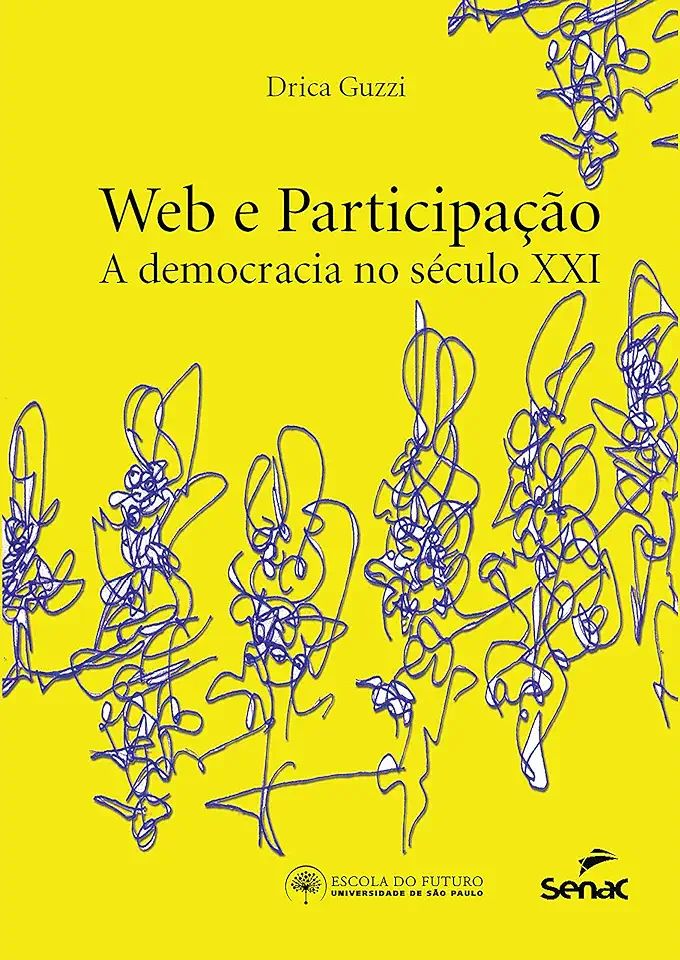
Web and Participation - Democracy in the 21st Century - Drica Guzzi
Web and Participation: Democracy in the 21st Century by Drica Guzzi
A New Era of Democracy
In the 21st century, the internet has emerged as a powerful tool for democracy. With the ability to connect people from all over the world, the web has the potential to revolutionize the way we participate in politics and make decisions.
The Power of the Internet
The internet has a number of features that make it ideal for democratic participation. First, it is a decentralized network, which means that there is no central authority that can control the flow of information. This makes it difficult for governments or other powerful interests to suppress dissent or manipulate public opinion.
Second, the internet is a global network, which means that it can connect people from all over the world. This allows for a diversity of voices and perspectives to be heard, which can lead to more informed and inclusive decision-making.
Third, the internet is an interactive network, which means that users can not only consume information, but also produce and share it. This allows for a more participatory form of democracy, in which citizens can directly engage with each other and with their representatives.
The Challenges of Digital Democracy
While the internet has great potential for democracy, there are also a number of challenges that need to be addressed. One challenge is the digital divide, which refers to the gap between those who have access to the internet and those who do not. This divide can exclude certain groups from participating in digital democracy, such as the poor, the elderly, and people living in rural areas.
Another challenge is the spread of misinformation and disinformation on the internet. This can make it difficult for citizens to find accurate information and make informed decisions.
Finally, there is the challenge of ensuring that the internet is used for democratic purposes and not for authoritarian or manipulative purposes. This requires developing new tools and strategies to protect freedom of expression and privacy, and to prevent the spread of hate speech and propaganda.
Conclusion
The internet has the potential to revolutionize democracy in the 21st century. However, there are also a number of challenges that need to be addressed in order to ensure that the internet is used for democratic purposes. By understanding these challenges and working together to find solutions, we can build a more inclusive and participatory democracy for all.
Why You Should Read This Book
If you are interested in the future of democracy, then this book is a must-read. Drica Guzzi provides a comprehensive and insightful analysis of the potential and challenges of digital democracy. She draws on a wide range of examples from around the world to illustrate how the internet is being used to promote democratic participation and to challenge authoritarian regimes.
This book is essential reading for anyone who wants to understand the role of the internet in the 21st century and how it can be used to build a more just and equitable world.
Order Your Copy Today!
Web and Participation: Democracy in the 21st Century is available now from all major booksellers. Order your copy today and start learning about the future of democracy!